---------Kelly
In an effort to reduce unnecessary waste, some countries have placed bans on plastic bags. Several areas have plastic bag bans and/or taxes in place, and the following list is not comprehensive. It simply paints an overall picture of the overwhelming global concern that plastic bag use has caused and what is being done in response.
Africa
Africa takes the plastic bag problem very seriously; more than 15 countries on the continent have either banned them completely or charge a tax on them. Before the first ban was introduced in 2003, South Africa had actually declared plastic bags their 'national flower' due to their overwhelming presence in trees and bushes. How sad! Here are some of the countries in Africa that have bans or taxes in place:
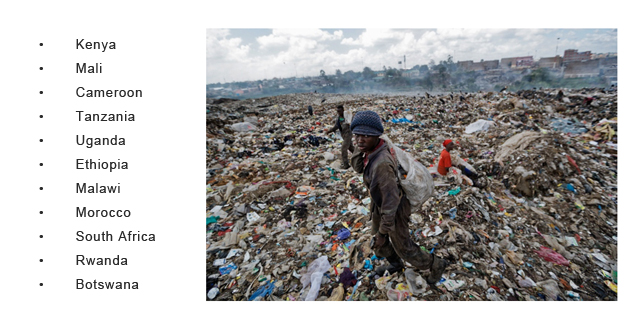
Because there is a black market for plastic bags and people still use them illegally, concrete statistics about the efficacy of bans and taxes in Africa are hard to nail down. Just after the ban, plastic bag use in South Africa dropped 90%, though illegal use has increased gradually since then.
Asia
Prior to the 2008 Olympic Games, China placed a ban on all thin plastic bags and began requiring retailers to charge a tax on thicker bags. The Chinese government has said that this has led to a two-thirds reduction in plastic bag use. Other countries in Asia that have bans or taxes in place include Bangladesh, Cambodia, Hong Kong, India, Indonesia, Malaysia, and Taiwan.
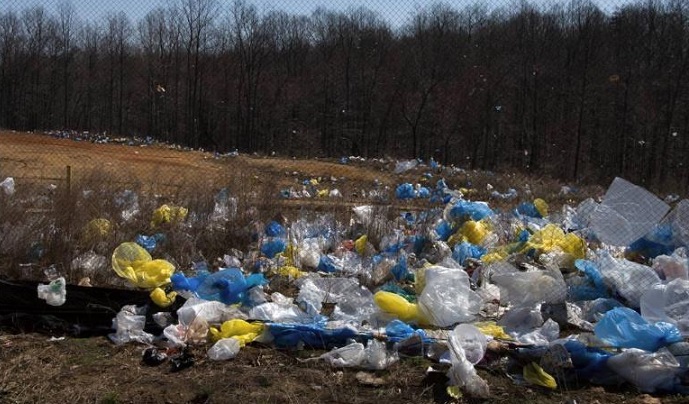
Australia
Australia as a whole doesn't have a ban on plastic bags; however, several states and territories have begun to put bans in place, including the Northern Territory, South Australia, and Tasmania.
Europe
Europe has been very active in its fight against plastic bags. In 1994, Denmark was the first country to begin charging a tax on them. Following the introduction of the tax, usage dropped from around 800 million to approximately 400 million bags per year. Ireland, who began charging customers for plastic bags in 2002, saw a 90% reduction in usage and litter after the tax was put into effect. Recently, the European Union has said that it wants to see an 80% drop in plastic bag use by 2019, which means that all European countries will need to be on board. Other countries that currently have measures in place include:

North America
Sadly, the United States has not yet put a ban on plastic bags into effect. However, Mexico and some Canadian provinces and territories have measures in place. Also, an increasing number of U.S. states and cities have taken matters into their own hands. For example, in 2014, California became the first state to ban plastic bags and charge for paper bags. Other areas that are fighting the use of plastic bags with either bans, taxes, or special recycling programs include:
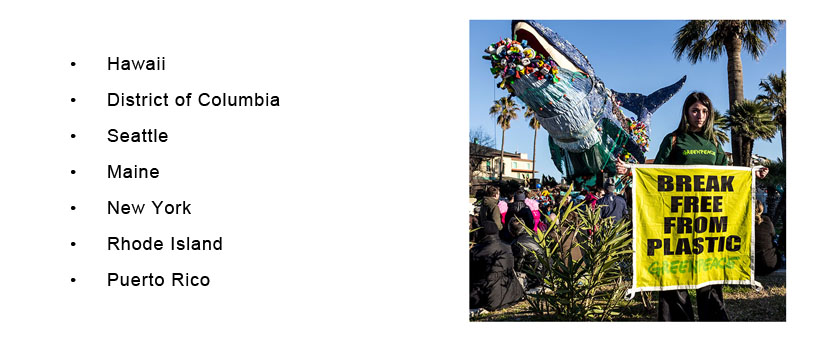
South America
Certain areas in Argentina, Brazil, Chile, and Colombia have taken measures to reduce plastic bag use, such as using only biodegradable bags and implementing recycling programs. Again, statistics showing how well measures work are hard to nail down since not everyone is compliant.
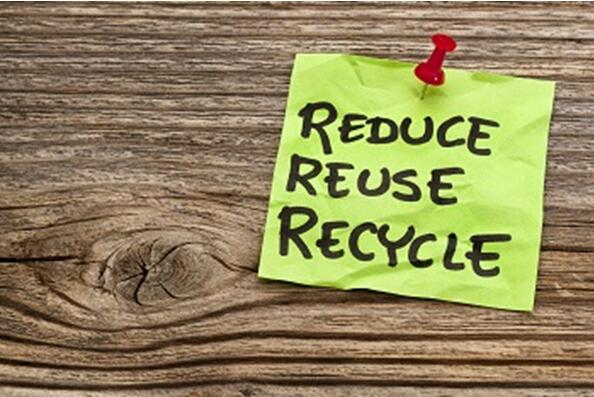
Over decade of research, LEISHI company has been got the key technology of biodegradable material, and developed the 100% biodegradable Bamboo Biodegradable Material(BBM) successfully with patents, it's a new type of 100% biodegradable material which is no plastics, no carcinogenic plasticizer, no fluorescent agent, no pesticide added, heat&frost resistant, compostable, nature decomposable, recyclable. Certificated by German TUV Rheinland that BBM is 100% biodegradable and it become compost within 12 weeks. BBM has a wide range of uses, can replace conventional plastics to produce a variety of products, such as disposable tableware, film bags, packaging films, 3D printing consumables, etc.
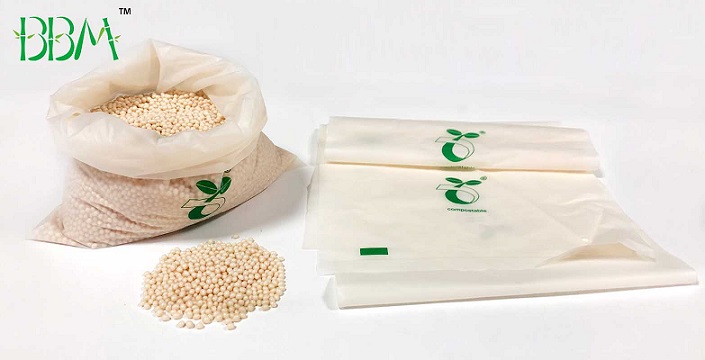
Scan to wechat:
